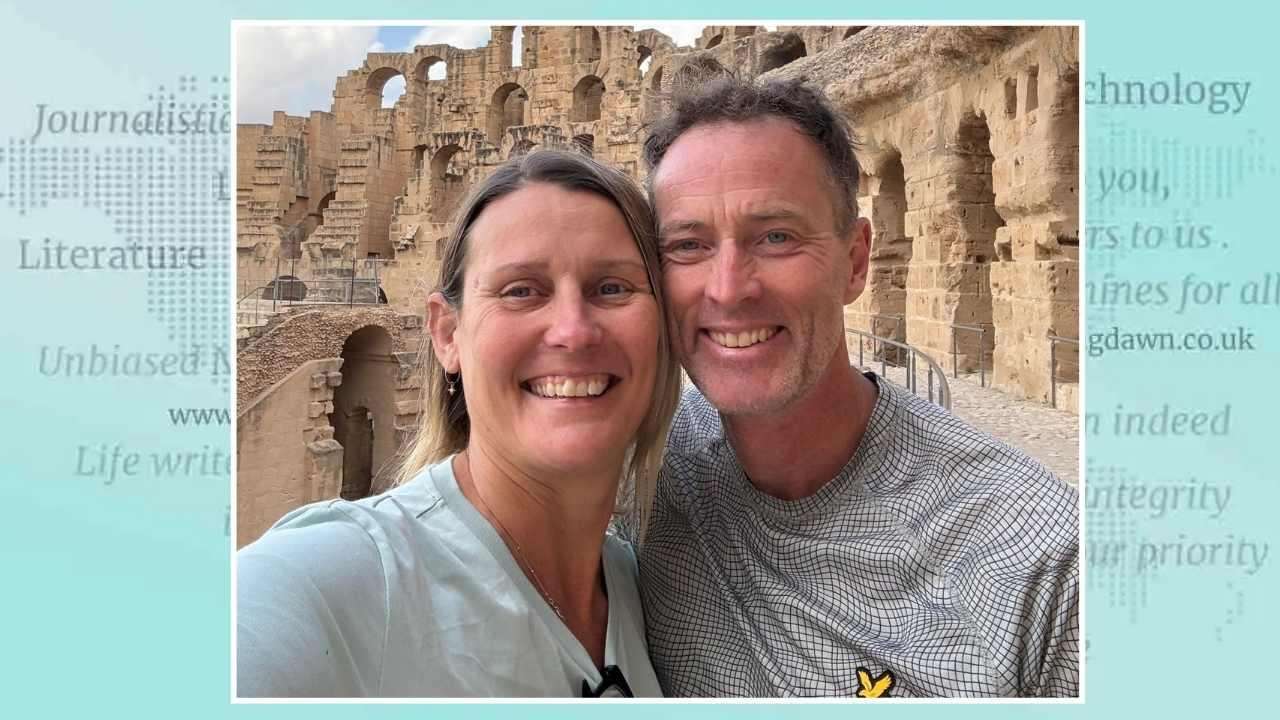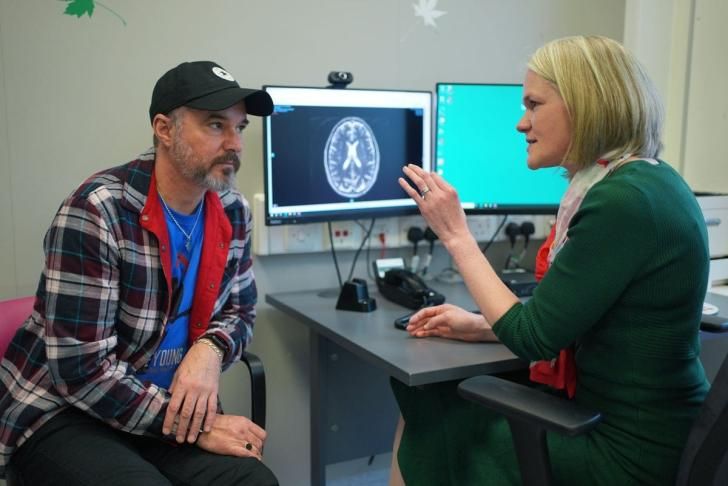British patients are undergoing testing for the first-ever personalized mRNA cancer shot for melanoma, which also has the potential to prevent lung, bladder, and kidney cancer.
Each "gamechanger" shot is made specifically for them in a matter of weeks and provides the possibility of a cure.
It works by telling the body to hunt down cancer cells and prevent the deadly disease from coming back.
A stage 2 trial of the jab, involving pharma firms Moderna and MSD, found it dramatically reduced the risk of the cancer returning in melanoma patients.
Now a final phase 3 trial has been launched, led by University College London Hospitals NHS Foundation Trust (UCLH).
Dr Heather Shaw, national co-ordinating investigator for the trial, said the jab had the potential to cure people with melanoma and is being tested in other cancers.
Sharing the trial details exclusively with the PA news agency, she said: “This is one of the most exciting things we’ve seen in a really long time.
“This is a really finely honed tool. To be able to sit there and say to your patients that you’re offering them something that’s effectively like the Fat Duck at Bray versus McDonald’s – it’s that level of cordon bleu that’s coming to them.
“These things are hugely technical and finely generated for the patient. The patients are really excited about them.”
The new jab is an individualised neoantigen therapy (INT) and is sometimes referred to as a cancer vaccine.
It is designed to trigger the immune system so it can fight back against the patient’s specific type of cancer and tumour.
Known as mRNA-4157 (V940), the jab is created to target tumour neoantigens, which are expressed by tumours in a particular patient.
These are markers on the tumour which can potentially be recognised by the immune system.
The jab carries coding for up to 34 neoantigens and activates an anti-tumour immune response based on the unique mutations in a patient’s cancer.
In order to create the jab, a sample of tumour is removed during the patient’s surgery, followed by DNA sequencing and the use of artificial intelligence.
The result is a personalised anti-cancer jab which is specific to the patient’s tumour.
Dr Shaw said: “This is very much an individualised therapy and it’s far cleverer in some senses than a vaccine.
“It is absolutely custom built for the patient – you couldn’t give this to the next patient in the line because you wouldn’t expect it to work.
.jpeg)







.svg)


